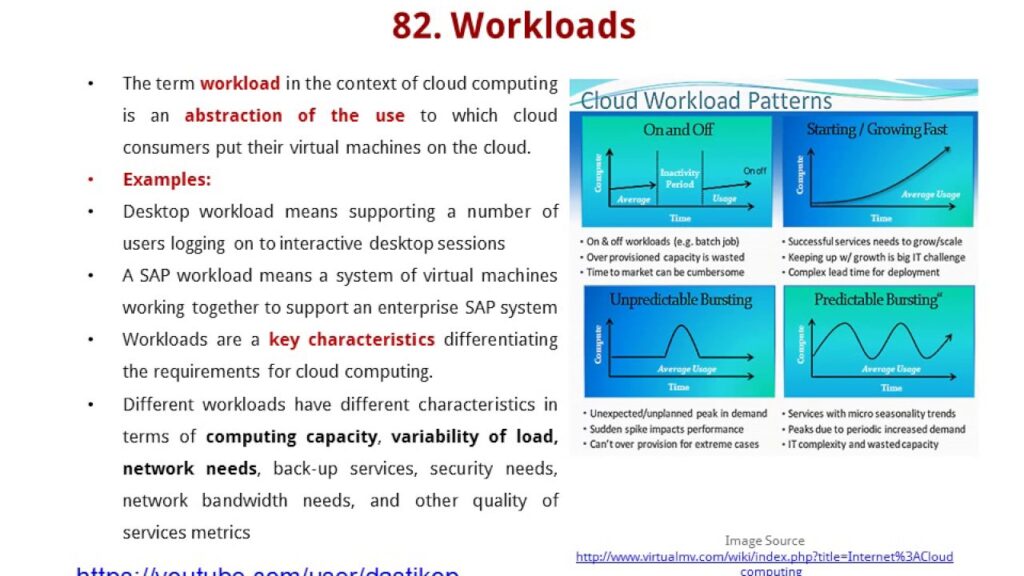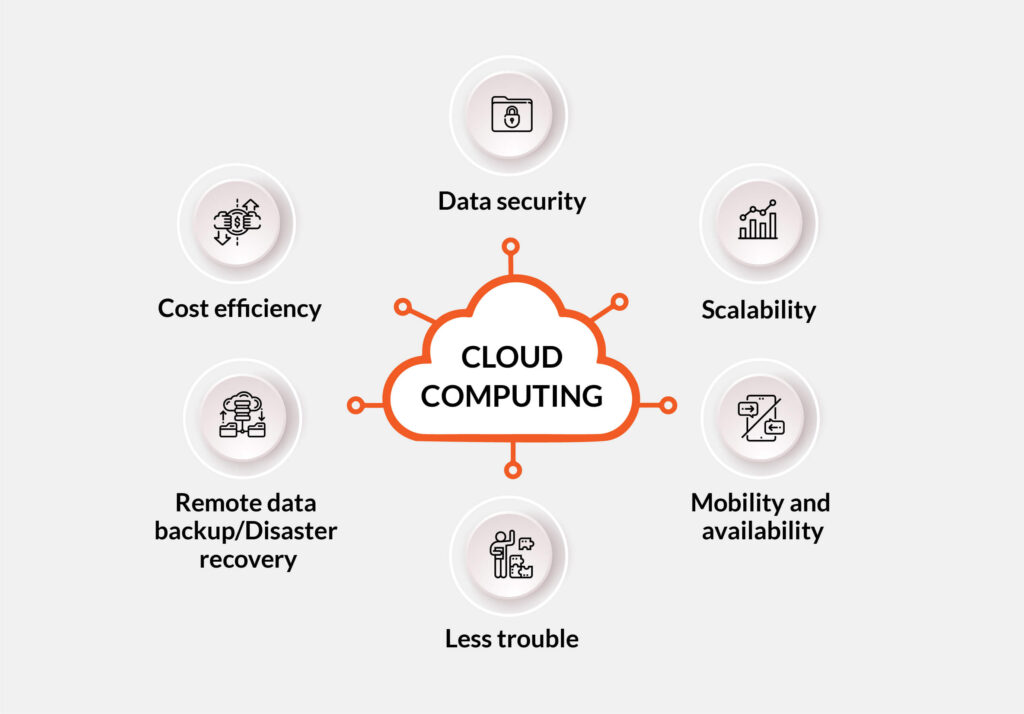Hybrid cloud computing has become a popular choice for businesses looking to balance the benefits of both private and public cloud solutions. By leveraging the best of both worlds, hybrid clouds offer the flexibility and scalability of public clouds with the security and customization of private clouds. However, with this new solution comes a new set of expenses that businesses must consider.
One of the main expenses that businesses incur with hybrid cloud computing is the cost of managing and integrating multiple cloud environments. Because hybrid clouds use a combination of private and public clouds, businesses need to have the resources and expertise to manage and integrate these systems. This can include the cost of hiring IT staff with specialized skills or investing in third-party management services. Additionally, businesses may need to purchase new hardware and software to support the hybrid cloud environment, which can also add to the overall expense.
Hybrid cloud computing typically incurs three types of expenses: cloud service provider fees, on-premise infrastructure costs and maintenance costs. Cloud service provider fees are the costs associated with the cloud services or products that you use, such as storage, databases, or software as a service (SaaS). On-premise infrastructure costs include the hardware, software, and other costs associated with running your own on-premise environment. Maintenance costs are the costs associated with maintaining and managing the hybrid cloud environment, such as personnel, hardware and software upgrades, and other services.

What is Hybrid Cloud Computing?
Hybrid cloud computing is a cloud computing system that combines both public and private cloud services, along with on-premises IT infrastructure. This type of setup allows companies to leverage the benefits of both public and private cloud solutions, while maintaining control and security over sensitive data. With hybrid cloud computing, companies can access the flexibility of the public cloud while maintaining the control and security of their on-premises environment.
Which Type of Expense is Incurred with Hybrid Cloud Computing?
Hardware Expenses
Hardware expenses can include the cost of purchasing or leasing hardware needed to run the hybrid cloud. This could include servers, storage, and networking equipment. Companies must also consider the cost of setting up the infrastructure and any maintenance or support costs associated with the hardware.
For companies that opt to purchase their own hardware, they must also consider the cost of upgrading their hardware as needed to meet their cloud computing needs. For companies that choose to lease their hardware, they must consider the cost of leasing the equipment over time.
Software Expenses
Software expenses can include the cost of purchasing or leasing software for the hybrid cloud. This could include software for operating systems, virtualization, or automation. Companies must also consider the cost of purchasing or leasing any additional software needed to run the cloud, such as database software or security software.
Software expenses can also include the cost of maintaining and updating the software. Companies must consider the cost of purchasing additional licenses for the software, as well as the cost of any technical support needed to maintain the software.
Cloud Service Provider Expenses
Cloud service provider expenses can include the cost of subscribing to a cloud service provider. This could include the cost of subscribing to a public cloud provider, such as Amazon Web Services, Microsoft Azure, or Google Cloud Platform. Companies must also consider the cost of subscribing to a private cloud provider, such as VMware vCloud Air or Rackspace.
Cloud service provider expenses can also include the cost of purchasing additional storage and computing resources from the provider. Companies must consider the cost of any additional services, such as backup and recovery, that may be needed.
Infrastructure Expenses
Infrastructure expenses can include the cost of setting up and maintaining the infrastructure for the hybrid cloud. This could include the cost of purchasing or leasing additional space, such as data centers, to run the cloud. Companies must also consider the cost of purchasing or leasing additional hardware, such as routers and switches, to connect the cloud to the on-premises environment.
Infrastructure expenses can also include the cost of any additional services needed to maintain the hybrid cloud, such as network monitoring and management. Companies must consider the cost of any additional services, such as security or backup, that may be needed to ensure the cloud is secure and reliable.
Frequently Asked Questions about Hybrid Cloud Computing Expenses
Hybrid cloud computing is a combination of public cloud services and private cloud infrastructure that enables organizations to optimize their data storage and operational costs. In this article, we answer some of the most commonly asked questions about hybrid cloud computing expenses.
What are the Costs of Using a Hybrid Cloud Solution?
The cost of using a hybrid cloud solution will depend on the vendor and the type of service that is being used. Generally speaking, the cost of using a hybrid cloud solution is usually higher than using a public cloud solution. This is because the hybrid solution may require additional hardware and software resources to be purchased and maintained. Additionally, there may be additional costs associated with the setup and maintenance of the hybrid cloud solution, as well as operational costs such as staffing costs and energy costs.
Are There Any Additional Costs Associated With Hybrid Cloud Computing?
Yes, there are additional costs associated with hybrid cloud computing. These costs include the cost of the hardware and software necessary to set up the hybrid cloud solution, as well as any additional costs associated with the maintenance and operation of the cloud solution. Additionally, there may be additional costs associated with the setup and maintenance of the hybrid cloud solution, as well as operational costs such as staffing costs and energy costs.
What Are the Benefits of Using a Hybrid Cloud Solution?
The main benefit of using a hybrid cloud solution is the flexibility it provides. Hybrid cloud solutions are able to provide more flexibility than traditional public cloud solutions by allowing organizations to maintain control over their data and applications. Additionally, hybrid cloud solutions enable organizations to reduce costs by leveraging both public and private cloud services. Finally, hybrid cloud solutions enable organizations to take advantage of the scalability and performance benefits of public cloud services, while still maintaining control over their data and applications.
What Are the Risks Associated With Hybrid Cloud Computing?
The main risk associated with hybrid cloud computing is the potential for data loss or leakage. Additionally, there is a risk of security breaches as the data and applications are being transferred between different cloud environments. Finally, organizations should ensure that the hybrid cloud solution they are using is compliant with all applicable data security regulations and standards.
What Are the Best Practices for Implementing a Hybrid Cloud Solution?
When implementing a hybrid cloud solution, organizations should take into account the security and compliance needs of their organization. Additionally, organizations should conduct a thorough evaluation of the vendor’s security posture and ensure that the solution they are using is compliant with all applicable data security regulations and standards. Additionally, organizations should ensure that the hybrid cloud solution they are using is properly configured and managed in order to maximize performance and minimize costs. Finally, organizations should ensure that they have a well-defined disaster recovery plan in place in order to protect their data and applications in the event of a failure or disruption.

In conclusion, hybrid cloud computing is an innovative and cost-effective way of managing business data and applications. The expenses incurred with hybrid cloud computing are variable, and depend on the specific needs of the business. The main expenses associated with hybrid cloud computing are the cost of infrastructure, maintenance, and security. However, the flexibility, scalability, and efficiency of hybrid cloud computing make it a worthwhile investment for businesses of all sizes.
Overall, hybrid cloud computing offers businesses the best of both worlds, combining the benefits of public and private cloud computing. By embracing a hybrid cloud environment, businesses can optimize their IT infrastructure and reduce expenses. With the right strategy and implementation, hybrid cloud computing can revolutionize the way businesses operate and help them achieve their goals. As a professional writer, I highly recommend businesses to explore hybrid cloud computing as a viable solution to their IT needs.



